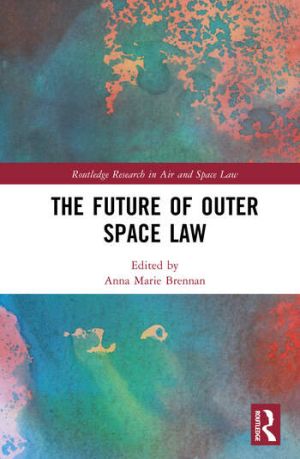We are now closed for the Christmas and New Year period, returning on Monday 5th January 2026. Orders placed during this time will be processed upon our return on 5th January.

This book identifies and discusses problems and opportunities for the future theory and practice of outer space law.
The corpus of outer space law, including the Outer Space Treaty 1967, has faced multiple challenges and critiques. In recent times, these have included advances in technology, the militarisation of outer space, space debris, and geopolitics. The prominent and emerging contributors to this collection draw on diverse research frameworks to discuss proposals for the future of outer space law and policy. These include addressing regulatory gaps and under-examined and emerging areas of the law, but also beyond, the Outer Space Treaty – especially related to potential extraterrestrial settlements, satellites technology, self-defence, self-determination and the environment. The book discusses the tensions between universalism and localisation, as well as the regionalisation of outer space law and policy – and how these approaches might adapt to create a dynamic space industry for the future.
This book is both practical and theoretical in scope, and will be of interest to academics, researchers and students. It will also be of interest to international organisations, diplomats and other government officials and policymakers.